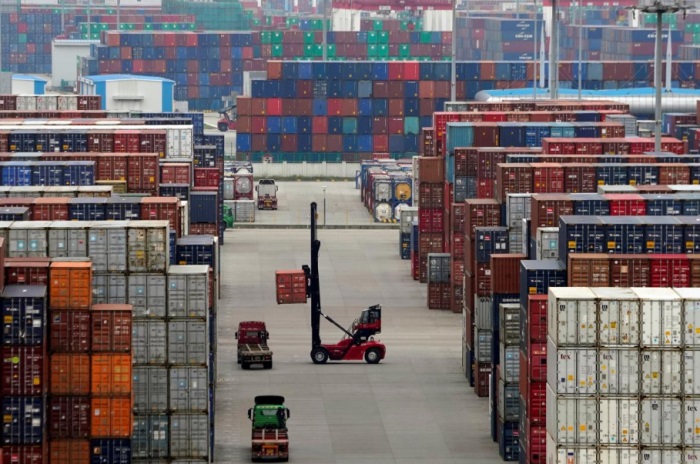Panama, China launch free-trade talks for mutual benefit


PANAMA CITY - Panama and China said they hoped to reach a mutually beneficial bilateral free trade agreement (FTA), after launching negotiations here on Monday.
China's Ambassador to Panama Wei Qiang told Xinhua that in negotiations of this kind, the key words are "mutual benefit."
The two countries aim to "negotiate a modern, ample, comprehensive and high-level FTA" that reaffirms China's interest in Panama as a Latin American gateway, given its role as a trade and distribution hub, said Wei.
"For the Chinese government, the guiding principle for negotiations is to develop and consolidate bilateral and international ties, to have mutually beneficial cooperation," said Wei.
"Nothing is beneficial when it is sustainable only for one side," he said.
Chinese companies have been operating in Panama for years, and their number is due to increase as the newly established ties between the two countries have spurred bilateral business and investment, Wei said.
The Panamanian economy "is very strong in the finance and services sectors, for which China can offer an attractive market for greater exchanges between the two," he said.
"Panama holds numerous advantages for China, and China in turn represents numerous opportunities for Panama," Panamanian Minister of Commerce Augusto Arosemena told Xinhua during a break in a closed-door meeting held at a hotel close to the offices of the Panama Canal Authority.
The first round of talks, set to continue through Friday, is centered on outlining the main areas of the trade deal, said Alberto Aleman, head of the Panamanian negotiating team.
Leading the Chinese delegation is Zhang Shaogang, director of the Department of International Trade and Economic Affairs at China's Ministry of Commerce.
Since establishing diplomatic ties in June 2017, the two countries have stepped up bilateral cooperation and aimed to strengthen trade with an FTA.
The idea is to forge a win-win relationship marked by mutual trust, respect and complementarity, said Arosemena.
For Panama, "it's highly important to boost our access" to the Chinese market and "attract Chinese investment," as well as "position ourselves as a gateway for Chinese products and investment in the Latin American region," a goal both countries see as one of the "essential principles of the negotiation," he said.
The Central American country is ready to export typical regional products, such as tropical fruits, coffee and fishmeal to China, Arosemena said, adding the Panamanian government has met with representatives of the private sector in the past month or so to discuss changes or improvements based on their expectations.



































